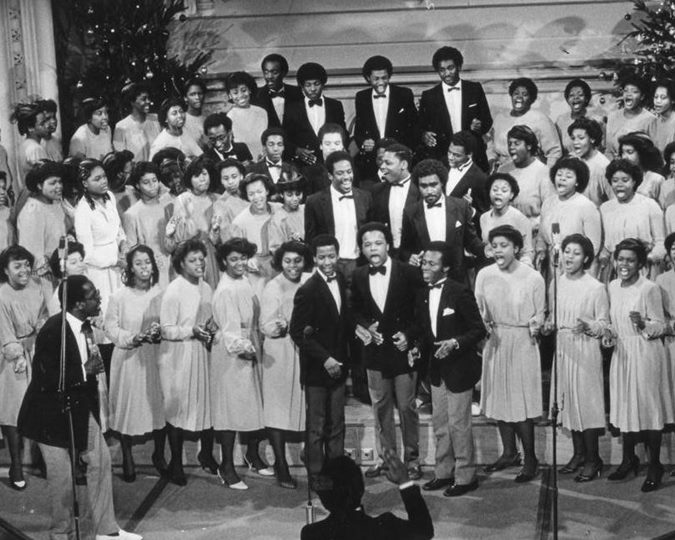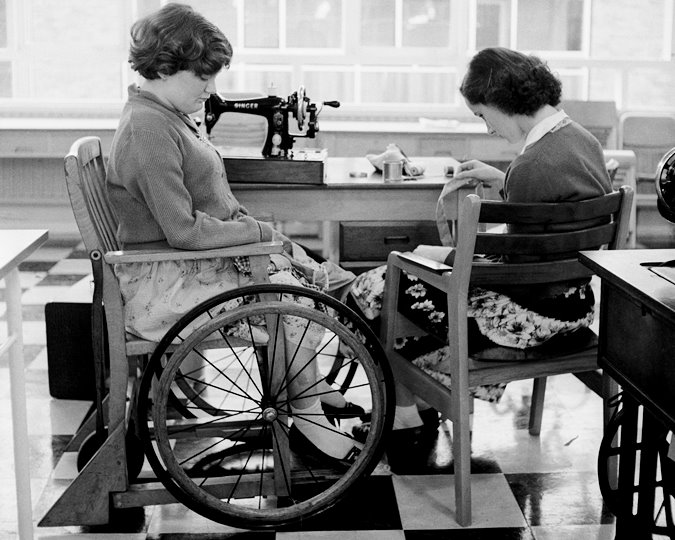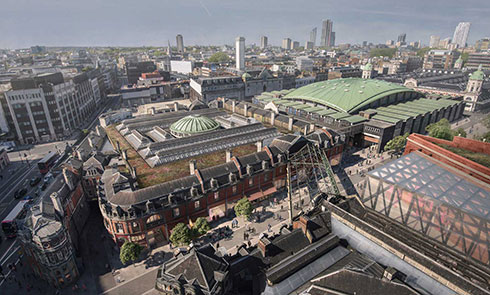Charlotte Despard was a campaigner for women's suffrage, Honorary Treasurer of the Women's Social and Political Union and President of the Women's Freedom League. In 1907 she broke away from the WSPU as a result of policy differences with the Pankhursts and founded the militant but non-violent suffrage group the Women's Freedom League.
She was the daughter of naval commander William French. By the age of ten her father had died and her mother was committed to an insane asylum and she was sent to London to live with relatives. She married Maximilian Carden Despard, a rich Anglo-Irish businessman, in 1870. When he died in 1890 Charlotte dedicated her life to helping the poor.
In 1894 Despard was elected as a Poor Law Guardian in Lambeth. Charlotte became friends with George Lansbury and for the next few years became involved in the campaign to reform the Poor Law system. Charlotte Despard joined the Social Democratic Federation and later the Independent Labour Party.
Despard became a member of the National Union of Women's Suffrage Societies. However, in 1906, frustrated by lack of success, she joined the Women's Social and Political Union.
She advocated civil disobedience and militancy and was arrested after speaking at the Caxton Hall and was sentenced to 21 days in Holloway prison. Increasing dissatisfaction with the autocratic leadership of the Pankhursts led her to break away from the WSPU in 1907.
With Teresa Billington-Greig and Edith How Martyn, Despard subsequently formed the Women's Freedom league. Under her leadership the Women's Freedom League encouraged its members to take part in non-violent resistance such as evading the Census of 1911, refusing to pay any taxes until women were given the vote, and wearing the League's colours of green, white and gold.
She was closely identified with new passive resistance strategies including women chaining themselves to the gate of the Ladies' Gallery in the Palace of Westminster; and also a "No taxation without representation" campaign, during which her household furniture was repeatedly seized in lieu of fines.
Unlike other suffragists, Despard refused as a pacifist to become involved in the British Army's recruitment campaign during World War I. She moved to Dublin after the First World War, although she was imprisoned during the Irish Civil War for opposing the Anglo-Irish Treaty. She remained actively political well into her 90s, addressing several anti-fascist rallies in the 1930s. She joined the Communist Party of Great Britain in 1930 and in 1933 an anti-Communist mob burned down her home in Dublin.








